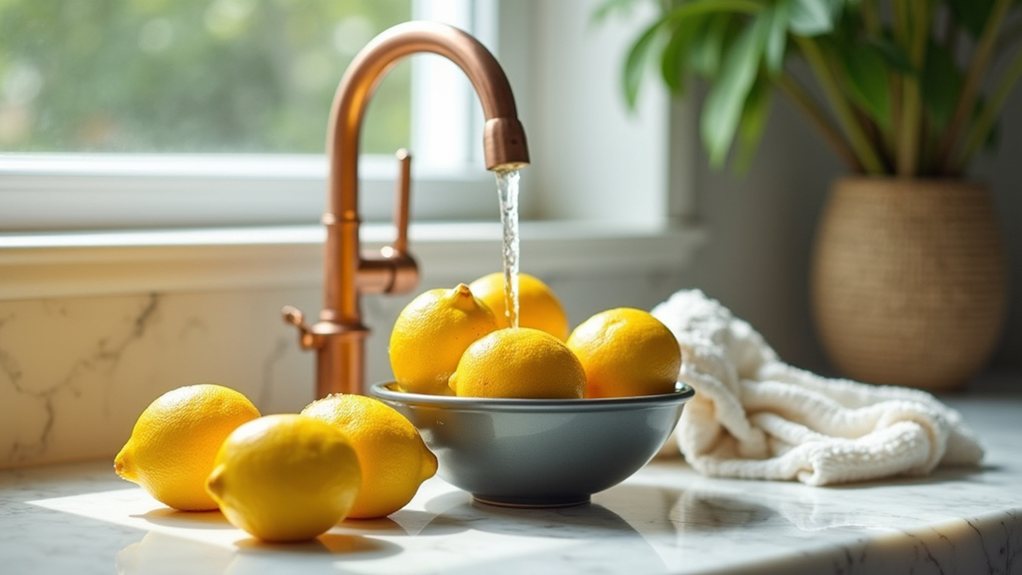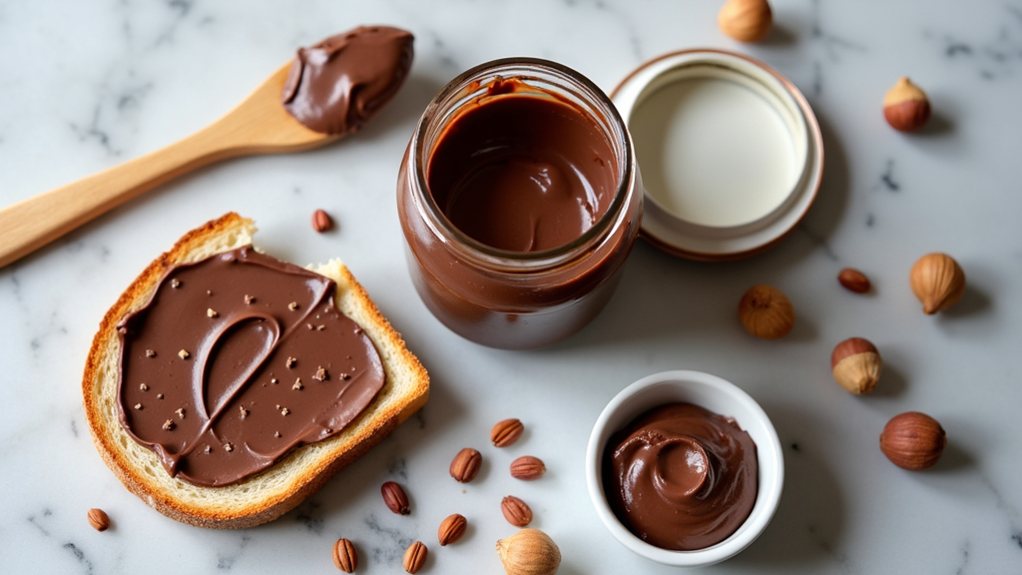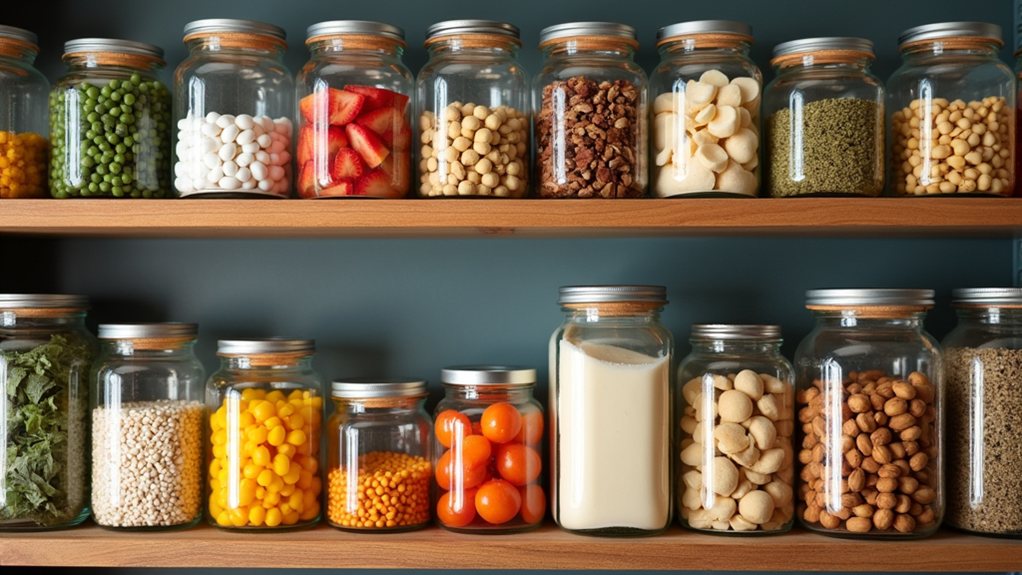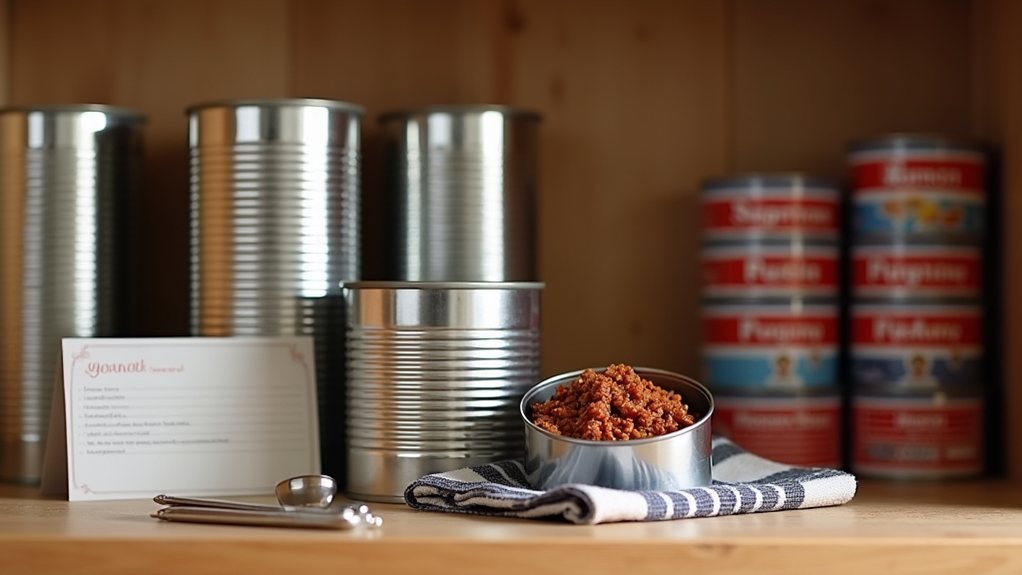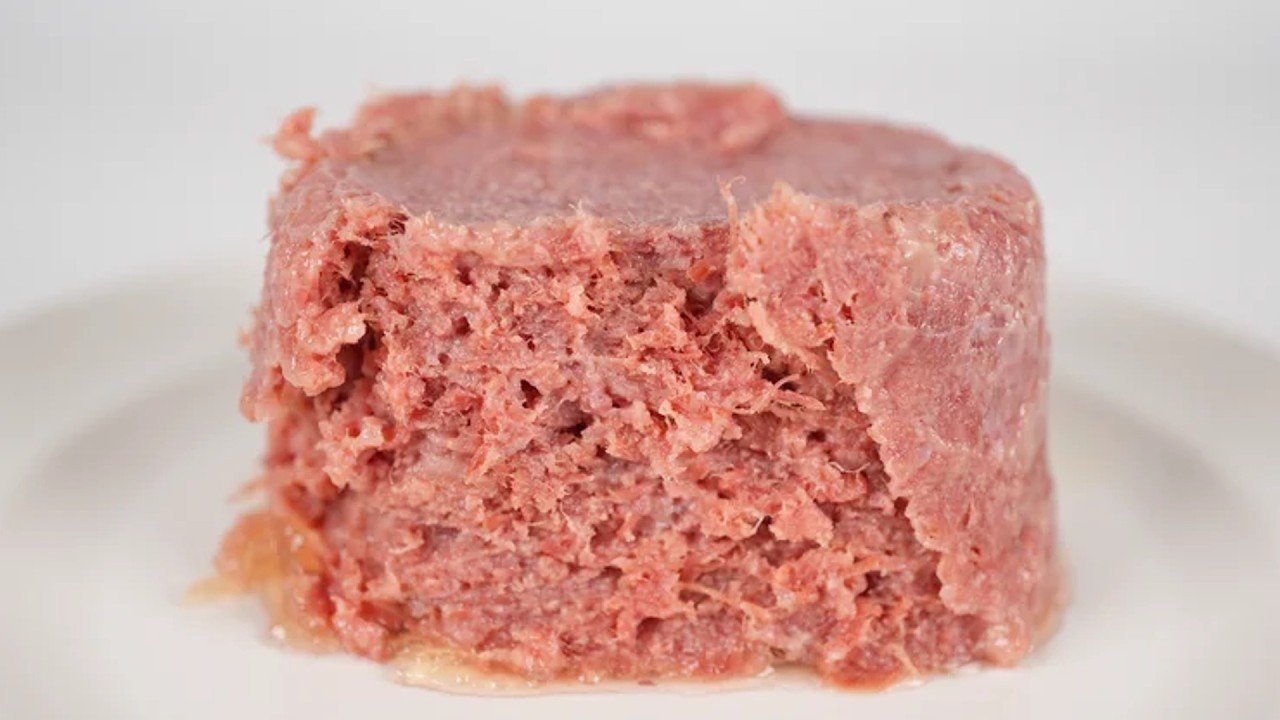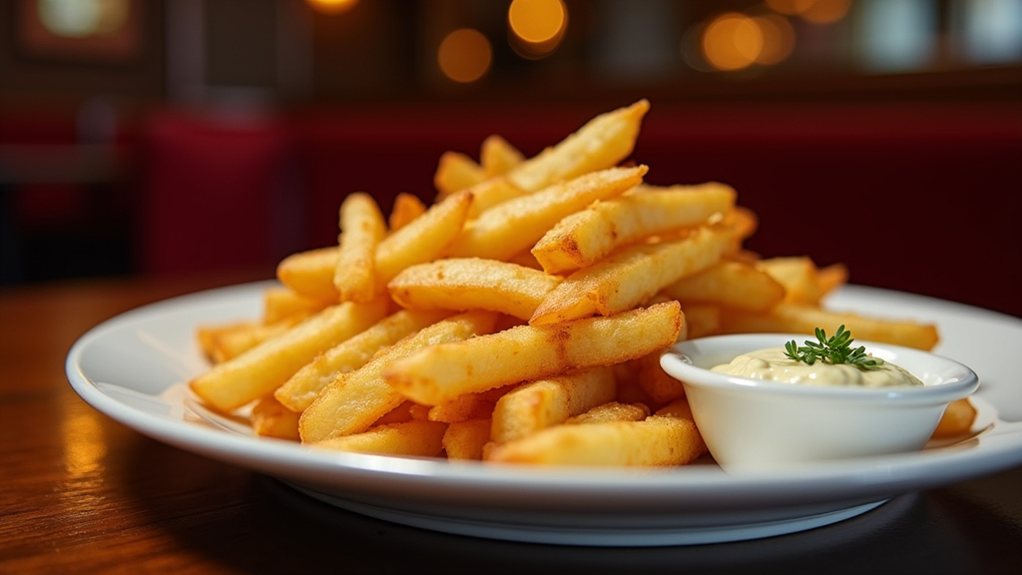Many households approach lemon washing with good intentions but flawed methods. The common belief that a quick rinse removes pesticides is, unfortunately, not supported by evidence. These chemicals often penetrate the rind, residing beyond the reach of water alone. Cold water works better than hot, which can damage the fruit’s delicate oils and compromise flavor. Understanding the limitations of washing might change how you incorporate these bright, versatile fruits into your cooking—and what you might want to reflect on before the next squeeze.
The Right Way to Clean Your Citrus
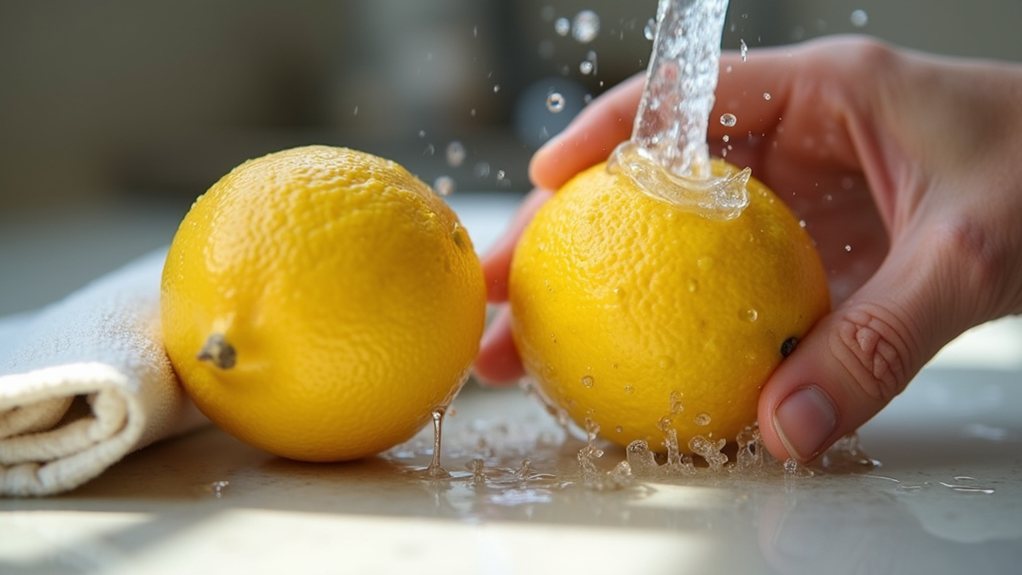
Many home cooks rush through the process of washing lemons, inadvertently introducing potential risks to their culinary creations. The simple act of properly cleaning these citrus fruits can make a significant difference in both food safety and flavor quality, yet common mistakes persist in kitchens everywhere.
Washing lemons isn’t strictly necessary but represents good practice for removing surface dirt and potential bacteria. Cold water effectively removes typical debris without damaging the fruit’s natural protective qualities. However, a common misconception is that washing removes pesticide residues; these chemicals are typically fat-soluble and penetrate the rind, making them resistant to simple rinsing methods. Similar to produce from Walmart, the quality of lemons can be inconsistent in freshness depending on where you purchase them.
While not essential, washing lemons with cold water removes surface contaminants but won’t eliminate pesticides embedded in the rind.
Both homegrown and store-bought lemons benefit from proper washing procedures. The correct approach involves rinsing under cold water for about 30 moments while gently rubbing the surface, followed by thorough drying with a clean towel. This drying step, often overlooked, prevents unwanted moisture that can lead to mold development and shortened shelf life. Similar to olive oil, lemons have a limited shelf life period that proper handling can help extend.
Many people make critical errors when cleaning lemons, such as using dish soap or detergents that leave potentially harmful residues in the peel. Even more concerning is the use of bleach solutions, which can be absorbed into the fruit and prove toxic when consumed. Hot water, another common mistake, can damage the rind and reduce vitamin content.
The benefits of proper lemon washing extend beyond basic cleanliness. Clean lemons contribute to better flavor in dishes, especially when zesting is involved. A properly washed lemon guarantees that only the flavorful zest makes it into your recipe, not unwanted dirt or bacteria. This cleaning step is particularly important when working with backyard lemons that might be contaminated with dirt or fecal matter.
Storage practices after washing also matter considerably. Lemons should be completely dry before being stored to prevent premature spoilage. Some cooks prefer air drying their lemons before refrigeration, which can extend freshness and preserve texture. For those who use lemons in laundry, proper washing ensures that the natural disinfectant properties are available without introducing additional contaminants to your whites.
